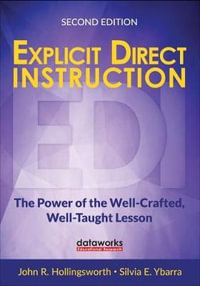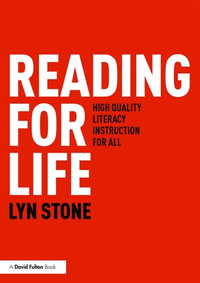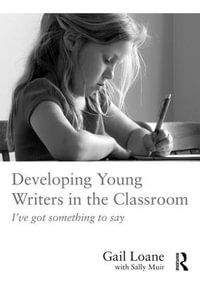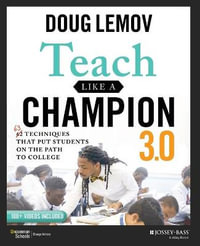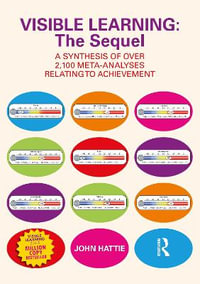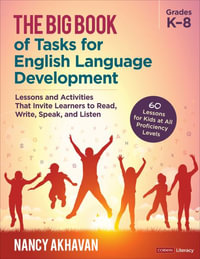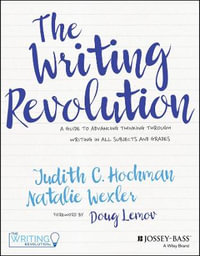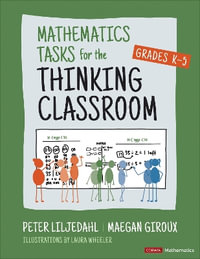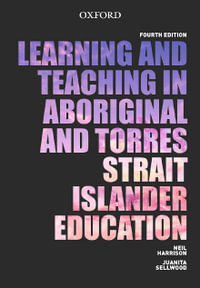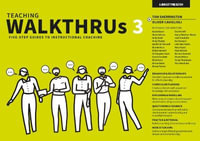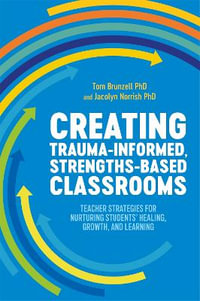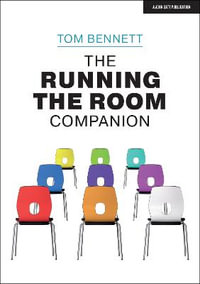This book addresses a very important aspect of teacher training, as well as the training of educational administrators, school counselors and other educational allied professionals, an aspect that is too often overlooked. That aspect is role modeling a deliberative mind. A deliberative mind is one filled with wonderment and eagerness to learn. We introduce educational professionals to systematic pondering and large-scale wonderment.
Industry Reviews
To foster success for their students in our chaotic world, teachers must model deliberative reasoning and critic-creative thinking. Across a range of subjects, Wagner, Johnson, Fair and Fasko's book highlights effective instructional practices that infuse deep cognition and dialogue into classroom learning. A valuable resource for pre-service and in-service teachers. -- Chris Dede, Wirth professor in Learning Technologies, Harvard University
What is the purpose of education? What is education for? Why do we teach what we do? ... the way we do? These bedrock questions are topics Wagner, Johnson, Fair, and Fasko pose, answer, and - notably - invite you and your students to consider. Their tack is novel. Using what they term "scripts," they guide thought and summon explanations originating in questions such as whether the American system of checks and balances in government is fragile. With commitment, this can hone 21st-century skills and generate resources needed to wrestle with deep issues about education. My advice: Engage! -- Phil Winne, professor and Canada Research Chair, Faculty of Education, Simon Fraser University, British Columbia, Canada
This is an extremely important topic for education. I particularly like the treatment of critical thinking as dually important for both intellectual and social/moral aims-for exploring the great questions of human existence and also for developing caring/understanding relations with those with whom we converse. I'll look forward to seeing more on this. -- Nel Noddings, Lee L. Jacks professor of Education, Emerita, at Stanford University
As a college professor for four decades, it is a great irony that we are never required to take even one course in "How to Teach." If I had read Thinking Ahead before I started teaching, I would have been a much more effective teacher. But, even as I approach the end of my teaching career, it is not too late to apply many of its lessons. -- Donald Hatcher, professor of Philosophy, Baker University, author (with Anne Spencer) of Reasoning and Writing: From Critical Thinking to Composition
Many educators and policy makers advocate for instruction in critical thinking and related higher-order skills in K-12 classrooms. But as Wagner, Johnson, Fair, and Fasko rightly point out, K-12 teachers cannot effectively nurture and model skills that they themselves haven't yet mastered. In Thinking Ahead, Wagner et al. provide concrete guidance for teacher educators who hope to foster critico-creative thinking-analytical yet open-minded inquiry and evaluation of ideas and evidence-in preservice and novice teachers. This book offers a goldmine of strategies and discussion topics that can help students in teacher preparation programs to think deeply and critico-creatively about things they might do both in their individual classrooms and in their broader educational communities. -- Jeanne Ellis Ormrod, professor Emerita of Psychological Sciences, University of Northern Colorado




